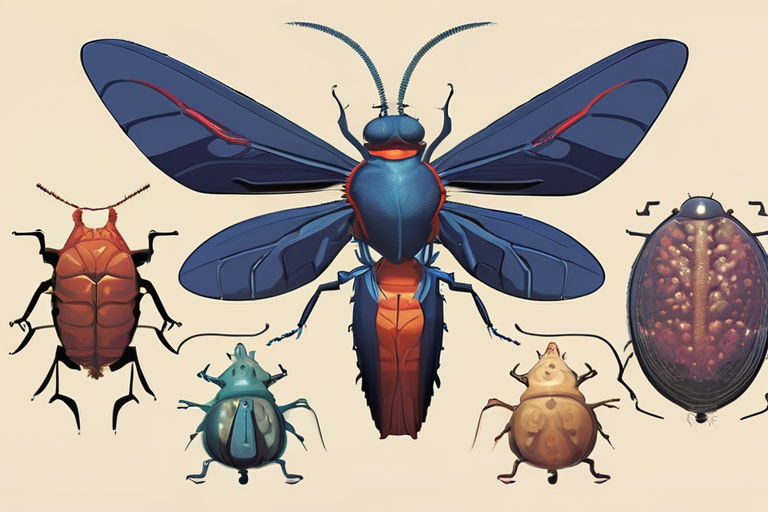Scientists Uncover Nature's Mind Control: How Parasites Turn Insects into Undead Servants


Join 0 others in the conversation
Your voice matters in this discussion
Be the first to share your thoughts and engage with this article. Your perspective matters!
Discover articles from our community

 Hoppi
Hoppi

 Hoppi
Hoppi

 Hoppi
Hoppi

 Hoppi
Hoppi

 Hoppi
Hoppi

 Hoppi
Hoppi

Madagascar Protests Continue as Gen Z Demands President's Resignation ANTANANARIVO, Madagascar - Thousands of young protesters took to the streets …

Hoppi

Clockwise from top left: 'House of Guiness,' 'Black Rabbit,' 'aka Charlie Sheen,' 'Alice in Borderland,' 'Canelo Álvarez vs. Terence Crawford' …

Hoppi

The Payroll Pirate: A Global Scourge Stealing Employees' Direct Deposits In a chilling reminder of the ever-evolving cyber threats facing …

Hoppi

Taylor Swift Dominates Soundtrack of Amazon Prime Series 'The Summer I Turned Pretty' In a surprise move that has left …

Hoppi

Tesla Defies Industry Trend, Asks EPA to Preserve Emissions Rules In a surprise move, Tesla has submitted a letter to …

Hoppi

Breaking News: British Couple and Son Freed After Taliban Detention A British couple, Peter Reynolds, 80, and his wife Barbie, …

Hoppi